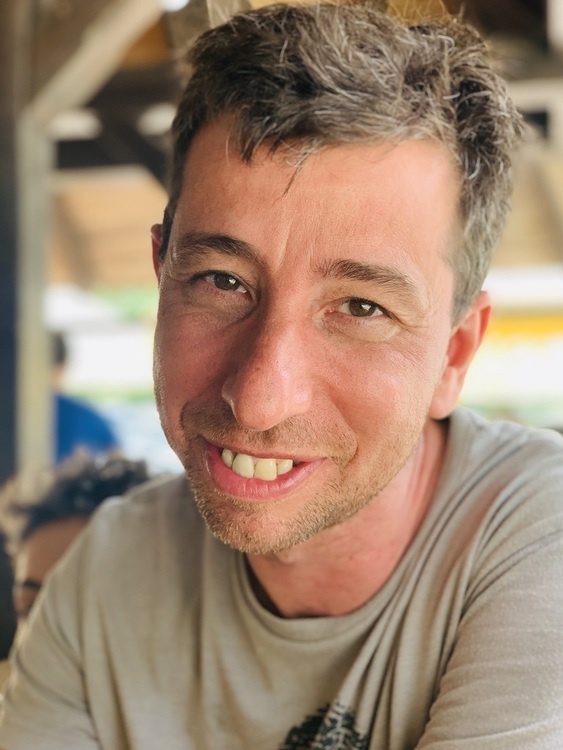
Colloquium on the Brain and Cognition with Máté Lengyel
Description
Title: "Uncertainty everywhere: contextual learning, vision, and navigation"
Note: MIT Login required to access Zoom event.
Abstract: Our sensory experience is time-limited, noisy and ambiguous. Thus, uncertainty pervades all faculties of cognition. I will present results from three research projects that study wildly different cognitive and neural systems but share a common underlying principle: representing and computing with uncertainty is key for the brain, with identifiable signatures in both behaviour and neural responses. 1. Central to many aspects of learning is the oft-evoked, but rarely defined, concept of ‘context’. We developed a theory based on the simple observation that, for the brain, context is a fundamentally latent variable, to which it has no direct access. According to the theory, uncertainty about context plays a central role in how our continuous stream of sensorimotor experience is segmented into separate memories and how we adapt and use this growing repertoire. This theory enabled us to account for classical phenomena in motor learning that had no unified explanation (e.g. spontaneous recovery and savings) as well as to predict novel phenomena (evoked recovery and context-dependent single-trial learning) which we confirmed experimentally. 2. We married probabilistic analysis-by-synthesis approaches for studying vision with modern deep learning-based approaches for understanding neural representations in visual cortex. Specifically, we optimised recurrent neural networks under biologically relevant constraints to perform probabilistic inference over elementary Gabor filter-like primitives. These networks exhibited rich cortical-like dynamics with characteristic features that alternative (non probabilistic) approaches could not capture: stimulus-controlled response variability, oscillations, and transients, that each played a functional role in the efficient representation of uncertainty. 3. We developed a probabilistic model of navigation that estimates an agent’s spatial location by fusing information from multiple, individually unreliable information sources: vision, self-motion, and (for rodents with whiskers) touch. We show that the normatively justified amount and form of uncertainty about spatial location provides a unifying explanation of human homing behaviour as well as rodent grid cell responses in environments with anisotropic and deformed geometries. Taken together, these results suggest that uncertainty may be a key organising principle underlying diverse neural computations.
Speaker Bio: Máté Lengyel is Professor of Computational Neuroscience at the Department of Engineering, University of Cambridge, and a Senior Research Fellow at the Department of Cognitive Science, Central European University. He obtained his MSc and PhD at the Eötvös Loránd University, followed by a post-doctoral research fellowship at the Gatsby Computational Neuroscience Unit, UCL, and a visiting research fellowship at the Collegium Budapest Institute for Advanced Study. His interests span a broad range of levels of nervous system organisation, from sub-cellular and cellular through circuit and systems to behaviour and cognition. He studies these phenomena from computational, algorithmic/representational and neurobiological viewpoints. Computationally and algorithmically, he uses ideas from Bayesian approaches to statistical inference and reinforcement learning to characterise the goals and mechanisms of learning in terms of normative principles and behavioural results. He performs dynamical systems analyses of reduced biophysical models to understand the mapping of these mechanisms into cellular and network models. He collaborates closely with experimental neuroscience groups, doing in vitro intracellular recordings, multi-unit recordings in behaving animals, and human psychophysical and fMRI experiments.

